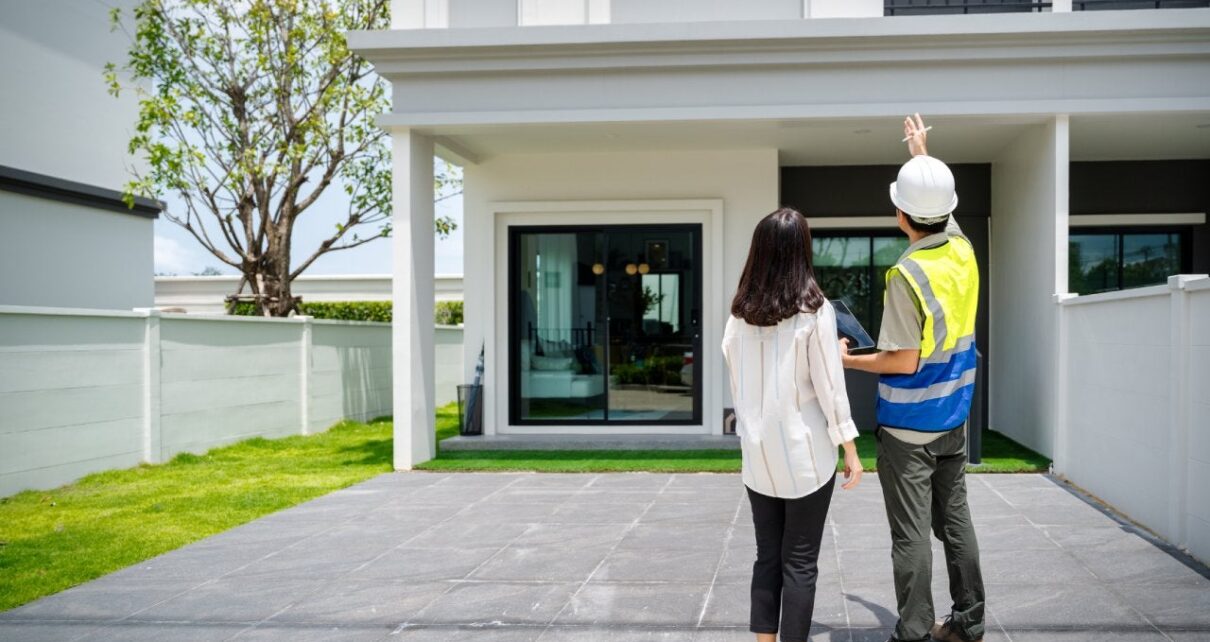Inspections of buildings involve an assessment of their condition conducted by a certified professional. The primary objective is to identify existing issues that might affect the property’s value, safety, or livability. Uncovering these problems before purchasing a home enables you to decide whether to proceed with the purchase, negotiate a lower price, or request the seller to make repairs.
Pre-purchase inspections
Pre-purchase inspections are the most common type of building inspection. These inspections are typically conducted before the sale is finalized after an offer has been accepted. During a pre-purchase inspection, a licensed inspector will evaluate the property’s overall condition, including its structural integrity, electrical and plumbing systems, heating and cooling units, and more. The inspector will provide a comprehensive report highlighting any defects or areas of concern, helping you make an informed decision about the purchase.
What does a building inspection cover?
A thorough building inspection covers a wide range of areas, including:
- Structural components – The inspector will inspect the foundation, walls, roof, and other components for damage, settlement, or instability.
- Electrical systems – The property’s electrical wiring, panels, and outlets will be examined to ensure they are functioning properly and up to code.
- Plumbing – The inspector will inspect pipes for leaks, water pressure issues, and leaks.
- Heating and cooling systems – HVAC units will be inspected to ensure they are operating efficiently and safely.
- Insulation and ventilation – The inspector will assess the quality and effectiveness of the property’s insulation and ventilation systems.
- Exterior elements – The inspector will examine the property’s exterior, including the siding, gutters, downspouts, and grading, to identify any issues that may lead to water damage or other problems.
In addition to a general building inspection, it’s often wise to consider a separate pest inspection. Pest inspections aim to detect any indications of wood-destroying organisms, including termites, carpenter ants, or wood-decaying fungi. Pests like these can damage a property, often without any visible signs until the infestation is well advanced. A pest inspection will reveal if the property has any current or previous pest issues and outline the necessary steps to address them.
- Identifying potential safety hazards – Building inspections identify hazards like faulty wiring or structural issues, allowing you to address them before they cause injury.
- Avoiding costly surprises – By identifying issues early on, you avoid unexpected repair costs after purchasing the property.
- Negotiating power – If the inspection reveals significant issues, you negotiate a lower purchase price or request repairs.
- Peace of mind – Knowing that you’ve had a thorough inspection conducted provides peace of mind and confidence in your investment.
A little due diligence upfront will ensure a comfortable home for years to come. Click to read more about building inspections in Sydney.





